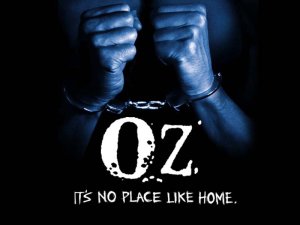“Economies of the Carceral: Rape Trauma and Its Rhetoric”
Selection
Prison economies depend heavily on the traffic of drugs and cigarettes, of alcohol, weapons, and other difficult-to-obtain items. I want to suggest, however, that one of the economies at work in prisons is an economy of trauma, dependent heavily on an imagined sexual violence that is circulated and exchanged between inmates as a kind of currency. In An Archive of Feelings, Ann Cvetkovich suggests that trauma can be examined as a “social and cultural discourse that emerges in response to the demands of grappling with the psychic consequences of historical events. Defined culturally rather than clinically, trauma […] becomes a central category for looking at the intersections of emotional and social processes along with the intersections of memory and history” (18). Though it seems to me that Cvetkovich creates a somewhat false dichotomy between clinical work on trauma and what she is calling a “cultural” treatment of trauma, her suggestion points us in the direction of thinking about the more widespread effects of personal experiences of trauma on entire cultures. Ann Kaplan has, of course, explored these questions in more detail in Trauma Culture, reminding us that “it is hard to separate individual and collective trauma” (1). Kaplan’s questions about collective trauma center on a concept of national forgetting and national traumatic experience, theorizing that “traumatic events may affect the discourse of an entire nation’s public narratives” (66), but I want also to keep in mind Cvetkovich’s challenge that we pay careful attention to cultures that exist on levels other than the national and on “the way trauma digs itself in at the level of the everyday, and in the incommensurability of large-scale events and the ongoing material details of experience” (20).



